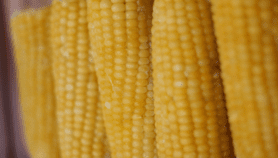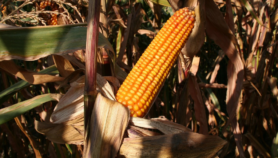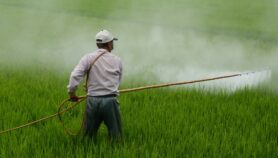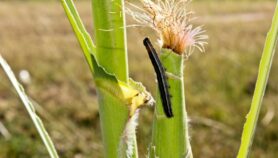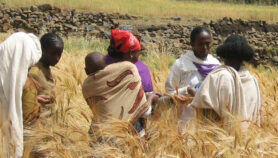19/06/20
Farmers unaware their activities trigger climate jolts
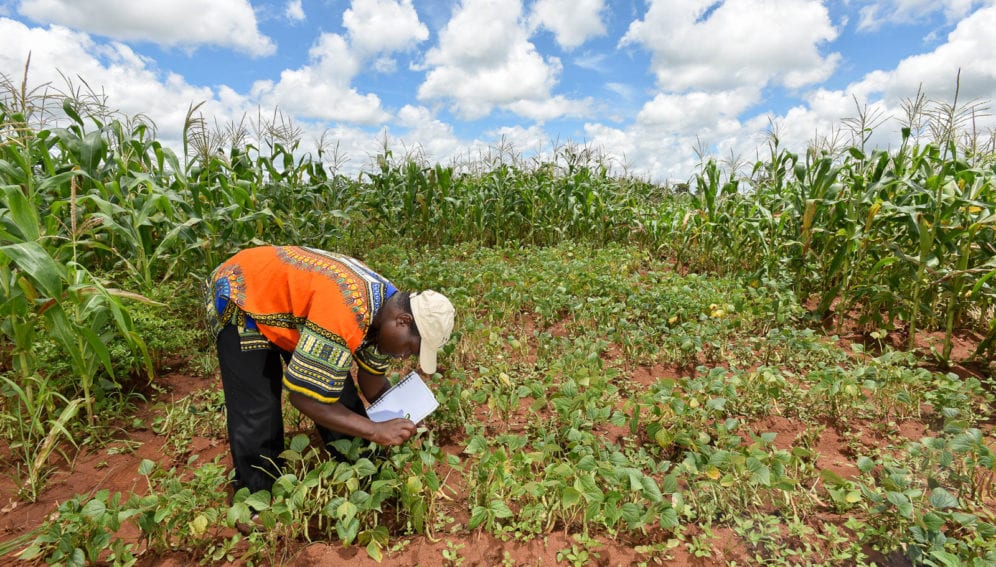
By: Samuel Hinneh
Send to a friend
The details you provide on this page will not be used to send unsolicited email, and will not be sold to a 3rd party. See privacy policy.
[ACCRA] Nigerian maize and poultry farmers and traders’ activities contribute to climate change, but only 14 per cent of them realise it, a study has found.
Farming communities in Africa should be targeted in climate change education campaigns to develop their understanding of the role agriculture plays, according to scientists.
Researchers surveyed maize and poultry farmers in Nigeria to identify perceptions about the impact of their industries on climate change, which is threatening food production in the country.
The United Nations Environment Programme projects that no continent will be struck as severely by the impacts of climate change as Africa, with between 75 and 250 million people being exposed to increased water stress in 2020 and countries’ yields from rain-fed agriculture could be reduced by up to 50 per cent.
According to the study published in the Journal of Environmental Management this week (15 June), researchers surveyed more than 2,500 respondents including maize farmers, maize traders, poultry farmers, poultry feed millers and poultry retailers from 2019 to 2020 in the Nigerian states of Kaduna and Oyo.
“If people don’t even see the negative effects of their activities, then they are likely not going to adopt practices or technologies.”
Saweda Onipede Liverpool-Tasie, Michigan State University
“If people don’t even see the negative effects of their activities, then they are likely not going to adopt practices or technologies that are offered as a way to [fight climate change],” says Saweda Onipede Liverpool-Tasie, the study’s lead author and an associate professor at Michigan State University in the United States.
“It was interesting for us to see that … while many felt that [climate change] affected their economic activities (63 per cent and 71 per cent of maize farmers in Oyo and Kaduna respectively), very few of them (three per cent and 14 per cent) actually felt that their activities contribute to climate change.”
Liverpool-Tasie adds that the livestock production, biomass burning and transportation produce greenhouse gases.
Co-author Justice A. Tambo, a socio-economist at the Centre for Agriculture and Bioscience International (CABI, the parent organisation of SciDev.Net), say that technologies and practices to reduce climate change, such as using drought-tolerant seeds to increase productivity, are less likely to be adopted if farmers do not believe that their activities contribute to climate change.
He tells SciDev.Net that given that many farmers in Sub-Saharan Africa mainly depend on advisors known as extension agents for advice, there is a need to build the capacity of extension agents to sensitise farmers on climate change.
“Using multiple communication channels including radio, video, demonstrations and field days will help to intensify the education on climate change,” Tambo recommends.
Robert Asiedu, research for development director at the International Institute of Tropical Agriculture in West Africa, says that the findings of the study should be helpful to agricultural extension systems and policymakers in Nigeria and countries with similar socioeconomic circumstances.
The findings are helpful as they give information to those promoting or supporting climate-aware agricultural technologies that it is wrong to assume that target users appreciate the role they have to play in climate change mitigation and adaptation.
“It is not surprising that the farmers do not perceive that their farming activities have impact on climate change,” he tells SciDev.Net.“They have had limited exposure to discussion and explanation of this potential impact in the future. This gap in information delivery should be corrected in programmes on climate change targeting farming communities.”
References
Lenis S.O.Liverpool-Tasie and others Perceptions and exposure to climate events along agricultural value chains: Evidence from Nigeria (Journal of Environmental Management, 15 June 2020)







